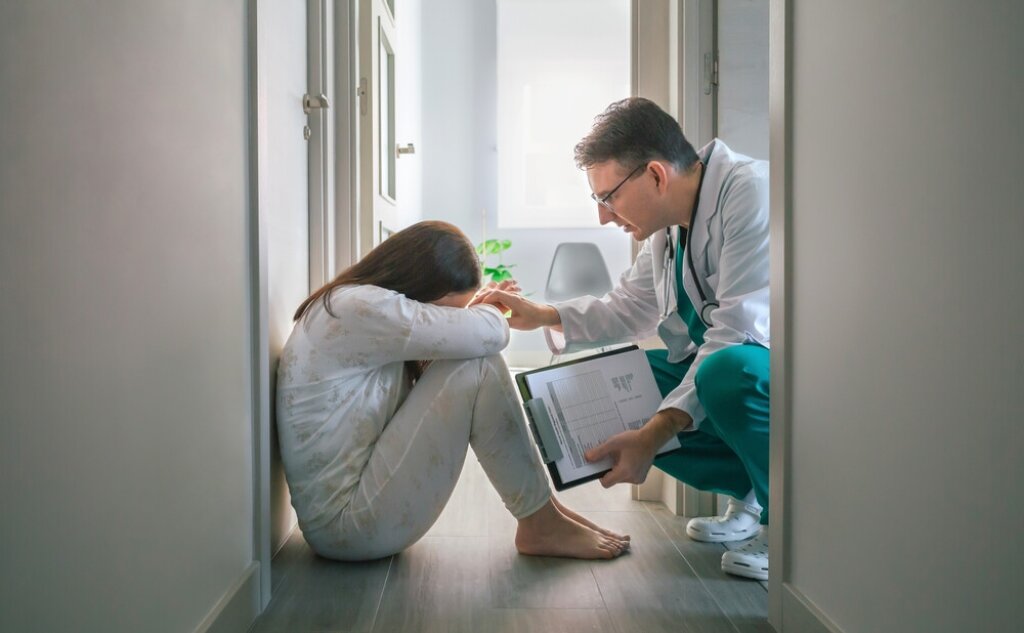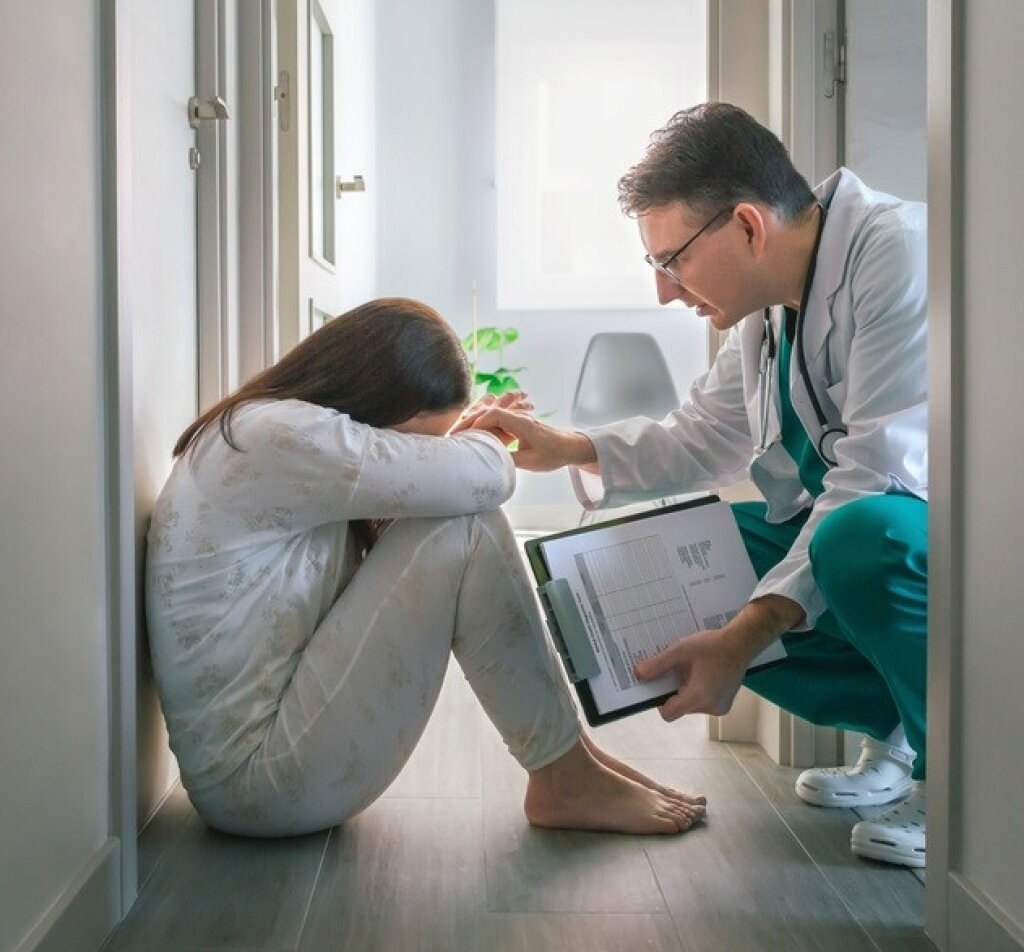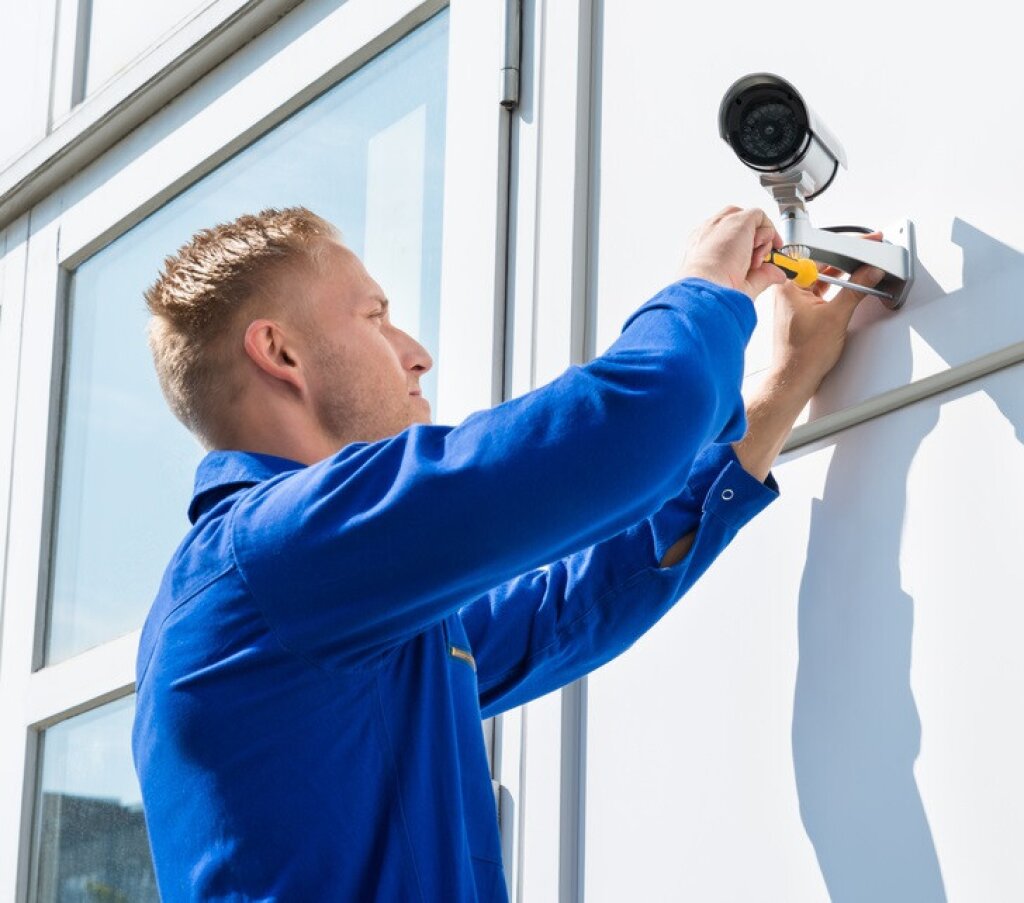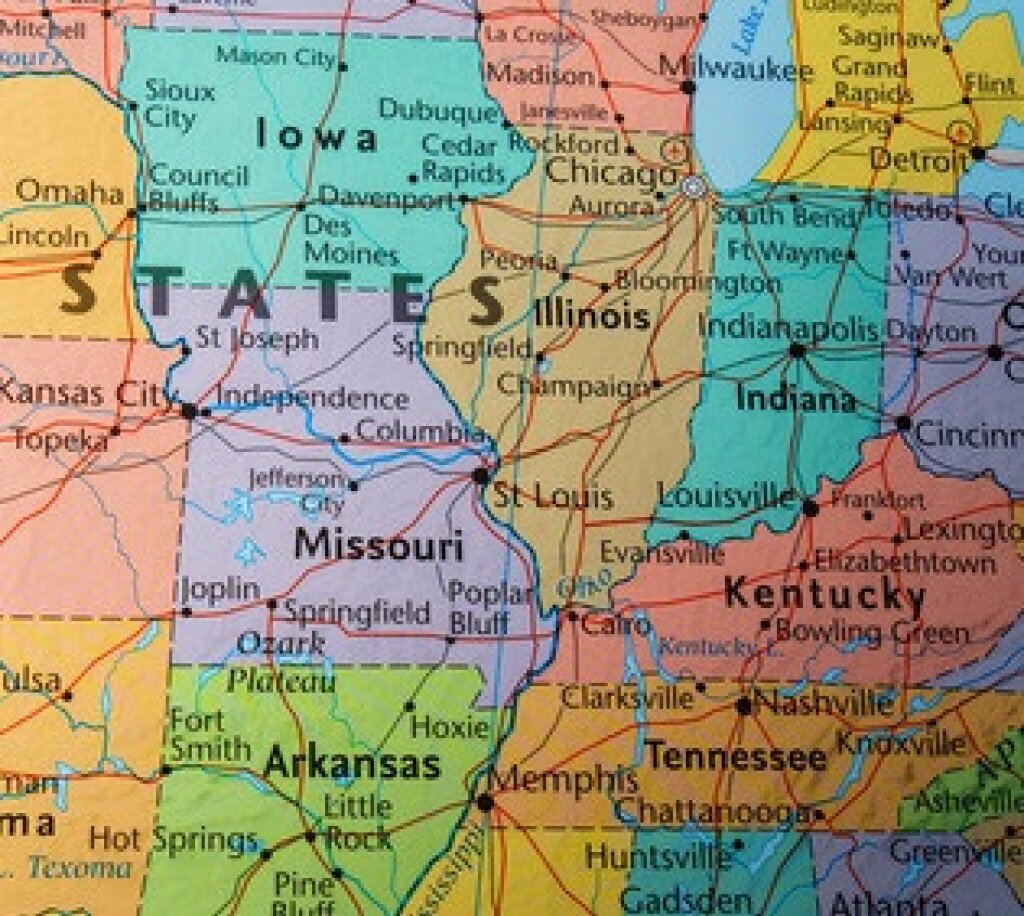Oxevision: Balancing Patient Safety and Privacy in NHS Mental Health Wards
We are all familiar with the tension between safety and privacy. When something promises complete security without compromising personal rights, it usually deserves closer scrutiny. Oxevision monitoring in NHS mental health wards has been the focus of such attention. Marketed as a safety solution, the hidden implications for patients are becoming increasingly apparent.
In healthcare, typical surveillance technologies promise improved patient outcomes but often fail to quantify the psychological costs or to foresee how patient distress might escalate.
In mental health settings, it is not always simple to quantify harm or to predict how monitoring might trigger existing conditions.
In this article, we explore the state of surveillance on mental health wards, and the feedback it has generated, as well as looking at technology that could potentilly alleviate intrusion and privacy concerns.
What Is Oxevision and Why Is It Used?
Oxevision is a digital monitoring system that employs infrared cameras to track vital signs such as pulse and breathing rates remotely. The NHS argues that the system offers several benefits, including:
Minimises disturbances to patients during routine health checks, particularly at night.
Assists healthcare staff in assessing risks more efficiently.
Aims to improve overall patient safety by enabling faster response times in emergencies.
Despite these advertised advantages, the reality for patients includes unexpected add-ons such as constant observation, reduced privacy and increased distress – much like an airline ticket that seems affordable until all the hidden charges appear.

Do Cameras in Psychiatric Hospitals Violate Privacy?
Patient Complaints and NHS Video Footage Concerns
Privacy violations can be costly for patients of any mental health condition. Many mental health patients have expressed significant discomfort with the use of CCTV-style monitoring. Some report that being filmed while they sleep intensifies feelings of paranoia and distress – the very symptoms psychiatric hospitals are meant to treat, not worsen.
Organisations may face consent challenges that require better monitoring and frequent ethical reviews of their practices.
Mental Health Privacy and Human Rights Issues
Continuous video monitoring carries a huge price, which cannot always be quantified because the implications for vulnerable individuals are vast. For patients already struggling with trust issues, being watched constantly can feel intrusive and violating.
Investment in patient dignity is necessary at all levels. Official censure, legal challenges and the loss of public trust are all potential consequences of failing to meet ethical requirements in mental health care.
The appreciable value of mental health care is trust established with patients, their families and the public.
The Impact of Monitoring Mental Health Patients
Does Hospital Surveillance Help or Harm?
Mental health surveillance can be ruinous for patient recovery. Whatever the claimed benefit of monitoring, the cost of psychological harm is considerably more, as the losses that result from privacy invasions go beyond a monetary value.
In a therapy-focused environment, as soon as patients realise their private moments are being recorded, hospitals risk a collapse of trust that results in massive treatment disruption.
How Video Surveillance Affects Trauma Patients
For individuals with PTSD, psychosis, OCD or paranoia, the idea of being watched - especially while sleeping - can be deeply distressing. Some have even reported that surveillance has triggered trauma responses, which makes their hospital stay more harmful than beneficial. Patients have shared testimonials such as:
"Filming me while I sleep made my mental health worse."
"I didn't feel safe in my own room, so I refused to sleep in there."
When safety measures make patients feel less secure, they fail to deliver on their core purpose, which is creating additional hidden costs to patient recovery.
NHS England's Response to Oxevision Complaints
Reviews and Investigations Into Oxevision
Compliance with ethical standards carries a cost that involves dedicated professionals and enabling technologies to minimise risk and reduce harm to patients.
Following growing concerns, NHS England has directed trusts to reassess their surveillance policies. Mental health organisations have called for a temporary pause on the use of Oxevision until further studies can evaluate its ethical and psychological impact.
Key legal and ethical issues under review include:
Should psychiatric patients have the right to opt out of video monitoring?
Are NHS trusts ensuring proper consent procedures?
Is there sufficient transparency about how footage is used and stored?
These questions highlight the need for more comprehensive guidelines on how monitoring technologies are implemented in mental health settings.
In 2024, the specialist charity Rethink Mental Illness made the following statement:
"We're aware of two major reviews currently taking place, which we hope will clarify whether there is sufficient and robust evidence to support the further roll-out of this technology, and we will be carefully monitoring further developments. We urgently call for more independent, co-produced research that thoroughly evaluates the impact of monitoring systems, including the full range of potential harms, to ensure the use of this technology is in no way detrimental to the therapeutic relationship between people in services and their caregivers."
Should NHS Mental Health Trusts Continue Using Oxevision?
The Case for Better Consent and Transparency
Investing in transparency reduces the risk of privacy problems such as treatment disruption, complaints, legal challenges and reputational damage.
If Oxevision is to be used ethically, transparency must be prioritised.
Patients should be clearly informed about the system before admission.
There must be clear policies on how footage is stored and who has access.
NHS staff should receive better training to ensure monitoring remains patient-centred and respectful.
Is There a Better Alternative?
Data breaches of patient privacy can be costly for healthcare trusts of any size. Many organisations struggle to calculate the true cost of privacy invasion in psychological terms.
Rather than relying on technology for safety, mental health advocates argue for greater investment in mental health staff. Could better staffing levels and patient engagement reduce the need for constant surveillance? Are there alternative safety measures or technologies that prioritise both well-being and privacy?
The challenge lies in finding the right balance between patient care, dignity and technological advancement.
Conclusion
Oxevision presents a complex dilemma: while it offers potential safety benefits, it also raises serious concerns about privacy, autonomy and the psychological impact of surveillance. As NHS England reviews its policies, the voices of mental health patients and their advocates must remain at the centre of the conversation. The goal should not just be safety, but also trust, dignity and effective care.
Could Redaction Technology be the Solution?
In a technology-aware era, the trust of vulnerable patients is easily lost. As concerns grow over the ethical and psychological impact of surveillance in NHS mental health wards, redaction technology presents a potentially promising solution. By selectively masking sensitive information while preserving key safety functions, redaction tools could strike a balance between patient well-being and institutional security.
NHS trusts could explore integrating redaction technology as a way of balancing safety requirements and respect for the dignity and privacy of mental health patients.
What Difference Could Redaction Technology Make?
Enabling technologies like redaction could help address some of the privacy concerns associated with Oxevision while still allowing it to fulfil its safety objectives. Here's how:
1. Automated Facial Blurring and Anonymisation
Redaction software can automatically blur or obscure faces and identifying features in real-time, thereby ensuring that patients are not personally identifiable while still enabling staff to monitor movement and general well-being.
Redaction would reduce concerns about surveillance feeling invasive while maintaining safety measures.
2. Selective Data Capture
Instead of recording full video footage, redaction technology could enable the system to only capture vital signs (heart rate, breathing rate) and alert staff to view video footage only in emergencies.
Redaction would prevent unnecessary video recording and address concerns about long-term data storage and potential misuse.
3. Consent-Based Monitoring
Patients could be given the option to enable or disable visual monitoring while still allowing infrared tracking for vital signs.
Redaction tools could allow a middle ground where some patients may consent to motion detection but not full video surveillance.
4. Restricted Access to Footage
Advanced redaction systems could ensure that only essential parts of footage are visible to staff, and that personal identifiers are hidden unless a safety alert requires more detailed review.
Access logs could track who views the footage in order to reinforce transparency and accountability.
5. Time-Limited Storage and Auto-Deletion
Redaction tools could enable automatic deletion of footage after a prescribed period unless flagged for review.
Short-term deletion would align with ethical concerns regarding excessive data retention and improve patient trust.
Facit Privacy and Compliance Solutions
At Facit, we develop compliance solutions to protect people’s personal data, especially when data such as video footage is public or enters the public domain.
Our video redaction software, Identity Cloak, is used in healthcare environments and by HHS hospitals.
Please get in touch if you have questions about how to ensure data compliance or privacy protection.
Related Articles
Surveillance in Care Homes: Facilitating Safety or Detecting Abuse?



